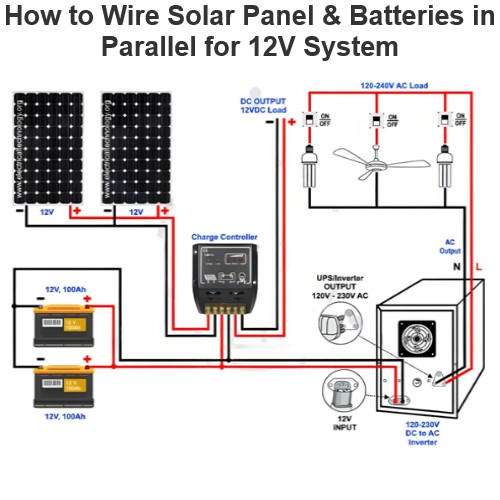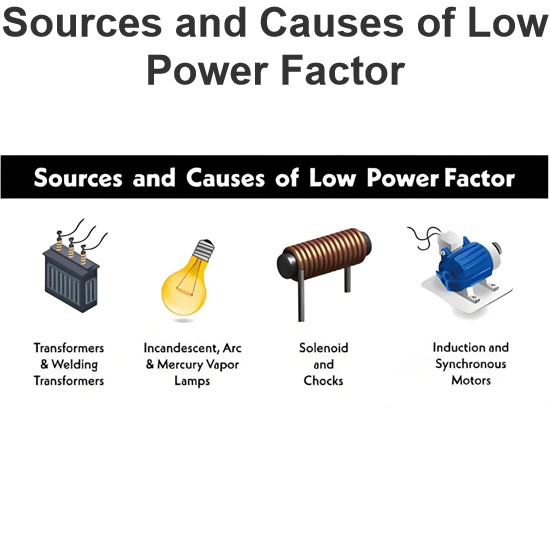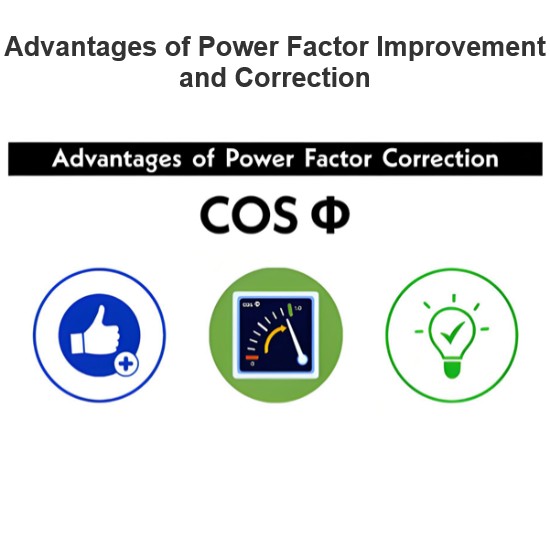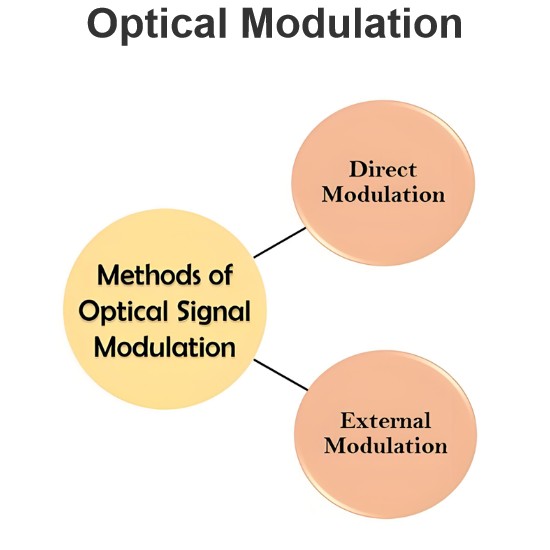What are grid system faults?
Types of Faults in Power Grid Systems
Power grid system failure refers to various abnormal conditions that occur in the power system. These faults may affect the normal operation of the power system, leading to equipment damage, power outages, and other issues. The following are several common types of faults in power grids:
1. Short circuit fault
Short circuit fault refers to the phenomenon in which the impedance between conductors of different phases in a power system, or between a conductor and the ground, is significantly reduced, resulting in a sharp increase in current. Short circuit faults can be divided into two types: symmetrical short circuit and asymmetrical short circuit.
Symmetric Short Circuit:A fault that involves all three phases is called a symmetrical short circuit. This type of fault maintains the balance of the system and mainly occurs at the terminals of the generator.
Asymmetric Short Circuit:A short-circuit fault involving only one phase or two phases is called an asymmetric short circuit. This type of fault causes the system to lose balance and is the most common type of short circuit fault.
2. Phase Failure
Open-phase fault refers to the situation in which one or more phases are disconnected in a power system, leading to asymmetric operation of the system and affecting the normal functioning of equipment.
One phase is disconnected:A short circuit between a single phase conductor and ground is the most common type of short circuit fault in an electrical system.
Two-phase disconnection:A short circuit between two-phase conductors can also cause an unbalanced condition in the system.
3. Open Circuit Fault
An open-circuit fault refers to a failure in one or more conductors that results in the interruption of a circuit, preventing the normal flow of current. Open-circuit faults can affect the reliability of a system and are commonly known as series faults.
4. Resonance Failure
Resonant faults are generated by resonant circuits composed of inductors, capacitors, and other components in power systems, and can be divided into three types: linear resonance, nonlinear resonance, and parametric resonance.
Linear Resonance:The resonance phenomenon generated by the resonant circuit composed of linear elements such as inductors and capacitors.
Nonlinear Resonance:Resonance phenomena caused by nonlinear elements (such as ferromagnetic elements) may lead to overvoltage or overcurrent.
Parameter Resonance:Resonance phenomena caused by changes in power system parameters (such as frequency, voltage, etc.).
5. Ground Fault
A ground fault refers to an unintended low-impedance connection between a phase conductor in an electrical power system and the ground, which can lead to insulation damage of equipment and increase the risk of failure.
6. Failures caused by natural disasters
Natural disasters such as lightning strikes, heavy rain, strong winds, earthquakes, and floods can also cause damage to power systems, leading to faults.
The Electricity Encyclopedia is dedicated to accelerating the dissemination and application of electricity knowledge and adding impetus to the development and innovation of the electricity industry.













